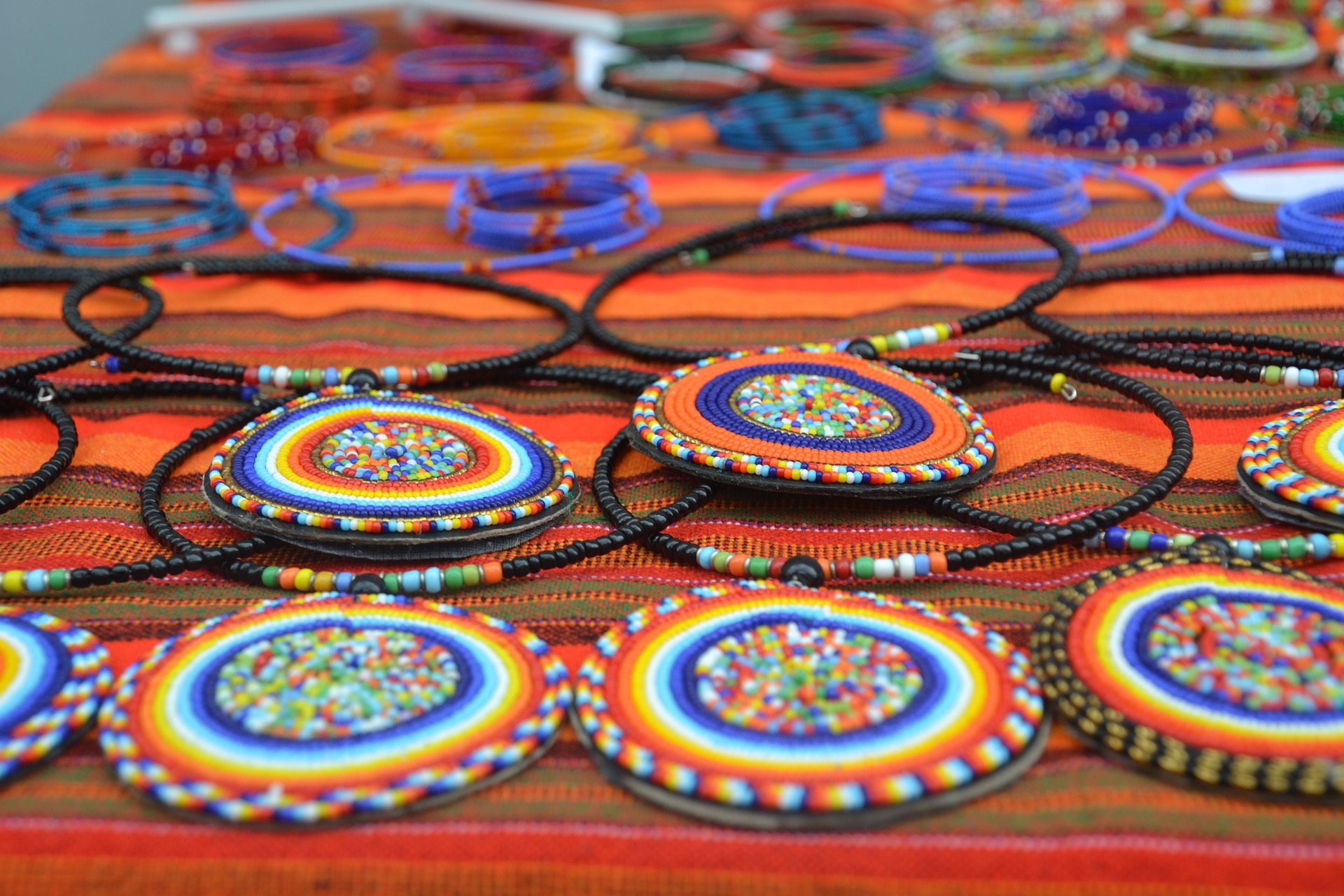Best Cultural Events In Africa

For those traveling to Africa, the sheer scale and rich cultural diversity of the continent can be daunting. To that end, we’ve compiled a list of the top 10 cultural events to experience. From FESPACO in Burkina Faso to Mali‘s Festival in the Desert, we highlight some of the best of Africa’s cultural events, including film festivals, art fairs and musical celebrations.
Panafrican Film and Television Festival of Ouagadougu
The Panafrican Film and Television Festival of Ouagadougou (FESPACO) in Burkina Faso is the festival that paved the way for the further development and international recognition of African filmmakers. Introduced in 1969, it has become the largest and most prestigious event of its kind on the continent, each year drawing thousands of visitors and industry professionals from Africa and abroad. The festival’s competition remains, however, exclusive to African filmmakers, which fosters the growth of the film industry across African countries, and encourages political and social dialogue across borders. Accordingly, FESPACO organizes non-profit screenings in rural areas, enhancing its instrumental role in Africa’s aspiring cinematic vision.
Gnaoua World Music Festival
For four days, the streets, beaches and historic sites of Essaouira, Morocco, echo the ancient Gnaoua rhythms and traditions. The Gnaoua World Music Festival not only assures that this rich African Islamic heritage reasserts its former glory, but also injects traditional Gnaoua with a breath of new life through Latin, jazz, Sufi and pop fusions, courtesy of the international artists that come to exchange ideas and sounds with the Gnaoua maalems. Already in its 16th year, the festival is a true celebration of music and spirituality.
National Arts Festival
For 11 days, the small university city of Grahamstown, South Africa, comes to life with the most ambitious art gathering in the African calendar. Both the main and the fringe festivals offer a rich selection of drama, dance, film, visual art and music from South African and international guests, as well as workshops that attract hundreds of thousands of visitors. The National Arts Festival also shows great support to budding talent with its Young Artist Awards, while the vibrant Village Green Fair complements the event with a showcase of well-crafted local goods.
Festival in the Desert
An annual platform for the music of the Sahara’s nomadic Tuareg people, the Festival in the Desert has seen some exceptional musicians visit its territory; Robert Plant, Ali Farka Touré and Tinariwen have all made appearances. In defiance of the unrest in Mali, the festival was awarded the 2013 Freemuse Award for championing free musical expression.
Lake of Stars Music Festival
Lake Malawi’s nickname of the Lake of Stars lends its title to this international three-day festival that each year takes over a new idyllic spot around its shores. A few thousand festival-goers gather annually to listen to an exotic cocktail of sounds, from Afropop to folk to beat-boxing, while simultaneously supporting local charities, tourism and economic growth – the main goal for the Lake of Stars Music Festival.
Cairo International Book Fair
The oldest and biggest book fair of the Arab world, the Cairo International Book Fair is also one of the most ambitious, reaching up to two million visitors a year. For nearly three weeks, hundreds of booksellers from 35 countries gather to offer a wide selection of material in Arabic, English and other languages, while parallel events like lectures, poetry evenings and art performances spice up the fair’s calendar. One can assume that it is not by chance that Egyptian people are, according to the Head of the General Egyptian Book Organization, among the biggest per capita book buyers in the world.
Cairo International Film Festival
Cairo’s other mega-scale event is also the Arab world’s oldest for international film, already in its 36th year and counting. Inaugurated during Egypt’s golden age of cinema, it has continued to support and promote Arab and international film-making, with a Human Rights Competition, African Cinema, Tolerance & Intolerance films, tributes and more. The Cairo International Film Festival brings to its audience a wide spectrum of cinematic choice that offers a break from the general regime of local and Hollywood films. Though the festival was cancelled during 2011’s Egyptian Revolution, it is now back.
Harare International Festival of the Arts
The Zimbabwean capital hosts one of the continent’s biggest art events, a week-long platform of multi-disciplinary art and performance. Bringing together theater, dance, music, circus, street performance, spoken word, visual arts, as well as an audience with diverse cultural backgrounds and ideas, the Harare International Festival of the Arts is a celebration of creativity and imagination which has managed to survive the difficult socio-political and economic conditions that have plagued Zimbabwe over the years.
Zanzibar International Film Festival
The Zanzibar International Film Festival, or Festival of the Dhow Countries is hailed as East Africa’s largest film, music and arts festival. Each year, the festival takes over the island to screen film submissions that reflect its theme, which changes annually. From world premieres to local shorts, the festival focuses on radical creation and quality, rewarding excellence in a final night of awards. Artists from around the continent and international guests draw the creative crowd with a series of music events, performances, discussion panels, exhibitions, cultural tours and workshops, turning this into a top attraction for Tanzania.
Dakar Biennial
Senegal’s Dak’Art – Biennale de l’Art Africain Contemporain focuses on contemporary art from the African continent and the African Diaspora. Celebrating its 10th edition in 20 years, over the years, the event has showcased an intriguing palette of everything ranging from new media to figurative art. Meanwhile, the Dak’Art OFF ensures “the freedom of artistic expression and the democracy of visibility for all” with a series of spontaneous, independent happenings around the main event.
